A Traveler’s Guide to Ubud, Bali’s Spiritual Center
Avoid the crowds and delve into Balinese culture. Join Mwende Mutuli Musau (aka Tuli) as she discovers serene temples, learns about the Hindu religion, and explores Bali’s gorgeous landscapes.
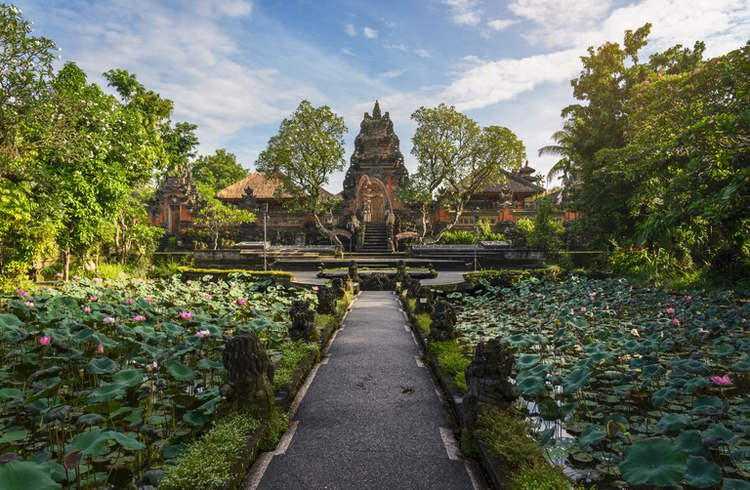 Photo © phruetthiphong pawarachan
Photo © phruetthiphong pawarachan
As a winner of the World Nomads Travel Content Creator Scholarship 2022, I received a paid travel opportunity to a country of my choice. I chose the island of Bali in Indonesia for its alluring charm, rich culture, and ancient traditions. I spent five days in the town of Ubud – known as Bali’s spiritual and cultural center – venturing off the tourist trail in search of the truth behind the Balinese way of life.
On my odyssey, I interacted with a Hindu priest named Gede who taught me about the gods and goddesses. I learned about the Hindu religion and how it entwines with Balinese culture, language, and its outlook of life. Spirituality is entrenched in its society and is shown by individuals in the way they talk and act. The most important truth that I discovered was to live in harmony with all around me and see spiritual meanings in everything.
- Balinese culture and society
- Crowd-free temples to visit in Ubud
- Searching for a spiritual healer
- Unwind at Yoga Barn
- Campuhan Ridge Walk
- Eco-tour at the Green Village
Balinese culture and society
Indonesia is a predominantly Muslim country, however, 85% of Balinese people are Hindus. The entire country once practiced Hinduism until Islam began to spread in the 15th century.
Bali is known as the 'Island of the Gods' and Balinese is both the language spoken and the name of the people. Today, there are more than 20,000 temples on the island. People live by the philosophy of Tri Hita Karana which translates to 'three causes of wellbeing' – it means having harmony with God, nature, and the community. Balinese people make daily offerings called canang sari which are tiny woven baskets full of food, flowers. Families and businesses also burn incense to pay tribute and respect to the gods.
Crowd-free temples to visit in Ubud
Pura Gunung Kawi
A collection of ancient shrines chiseled into a rock cliff about 9mi (14km) northeast of Ubud, this striking temple complex is largely ignored by tourists who are missing out on its authentic and aesthetic architecture. Set deep in a ravine, the temple overlooks the Pakerisian River which also flows past the busy Titra Empul water temple about 2.5mi (4km) away.
I watched pandits (Hindu priests) make offerings to the gods and meditate for long periods of time, which fascinated me. I asked a pandit named Gede about his practices. He shared with me that although Pura Gunung Kawi is less popular than Titra Empul, because there are no baths, it is regarded as a better meditation location.
If you’d like to learn about Balinese Hinduism and virtually have the whole site to yourself, Gunung Kawi is the best place to go. Entrance fee 50,000 IDR (USD $3.48).
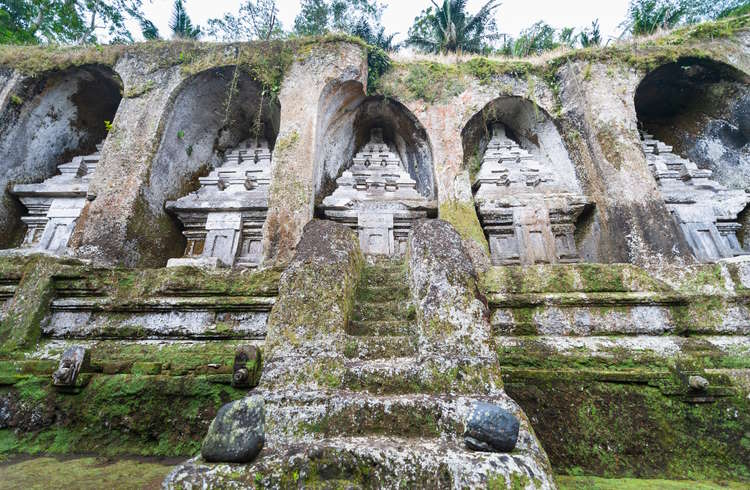
Saraswati Temple
Most visitors rush to see Ubud Palace but, to avoid the crowds, visit the Saraswati Temple instead, also known as Pura Taman Saraswati or the Lotus Temple. This fascinating temple is hidden in plain sight and easy to overlook, located next door to the Starbucks on Ubud’s main street, Jalan Raya Ubud. The surroundings are stunning: a tranquil, age-old lotus pond leads you to an orange and gold building covered with ornate details. Admission is free.
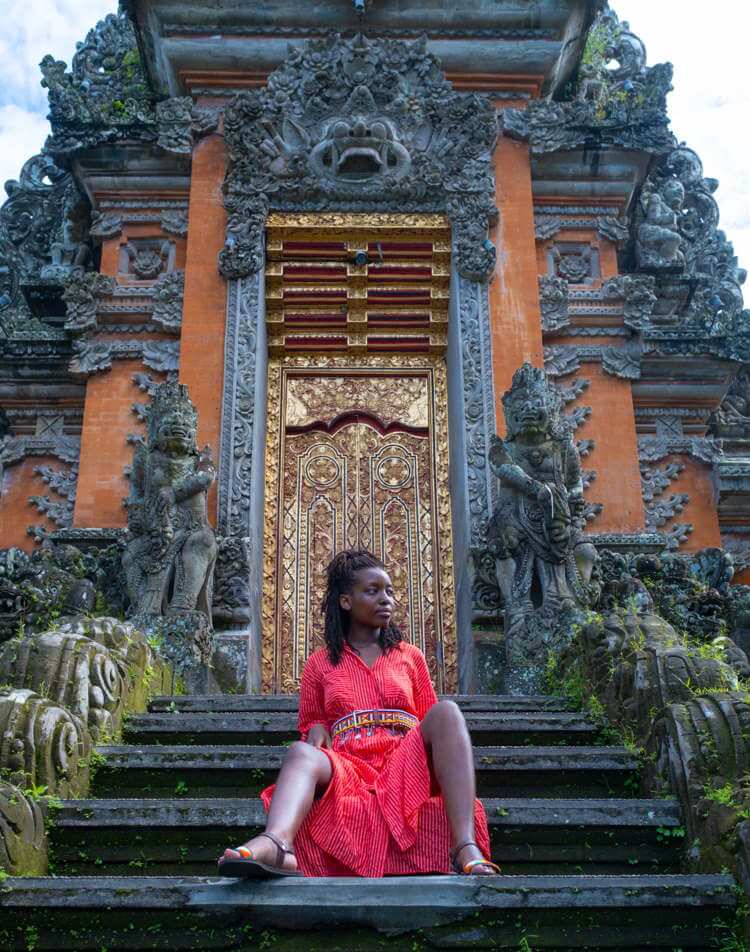
Searching for a spiritual healer
If you’re looking for spiritual guidance, Bali is one of the most sought out places in the world for spiritual tourism. In the book (and later the film) Eat, Pray, Love, Elizabeth Gilbert famously traveled to Ubud to find a spiritual healer. However, be wary of scams – many people have been swindled out of thousands of dollars seeking spiritual healing. Ask a local where to find genuine healers – suggestions will vary depending on what kind of healer you want. My advice is to trust your gut when deciding on a healer to work with. The experiences are very personal, and the price varies based on your intention with the healer. They range from a meditation session, cleansing of the sacral chakras with incense, to offering gifts to the gods.
Unwind at Yoga Barn
If you’re into yoga, Yoga Barn is the perfect place to practice in the heart of Ubud, and has classes for beginners and pros, plus offers week-long retreats. If you like acupuncture, chiropractic medicine and naturopathy, you can rejuvenate and relax your body and mind at its Holistic Healing Centre. There’s also Garden Kafe, a delicious organic restaurant where you can nourish your body with wholesome meals.
Campuhan Ridge Walk
This is a beautiful 2.5 mi (4km) hike through lush, rolling hills in Ubud’s outskirts. You can get here by car or scooter. Depending on your aptitude, the trail will take about two hours to complete – and chances are you’ll have this beautiful landscape to yourself.
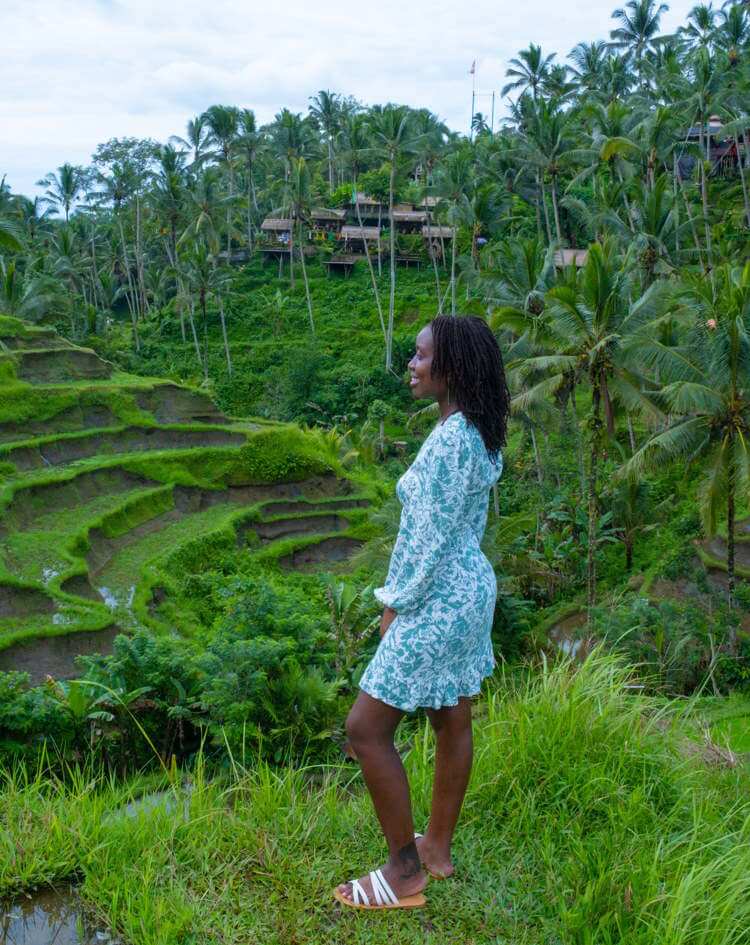
Eco-tour at the Green Village
Pre-COVID-19, Balinese people lived by a local philosophy of the 3 Ss – sun, sea, and sand. Since the pandemic, the island’s focus has shifted to sustainability, spirituality, and serenity. For a luxury off-the-grid experience, rent a villa at the extraordinary Green Village.
This eco-conscious community is made up of houses, workshops, and design spaces, beautifully designed and sustainably built from bamboo. You’ll soon be thinking of selling all your belongings and permanently relocating to Bali. If you’d just like to take photos, learn about the community, and explore your surroundings, you can go for a half-day tour for 250,000 IDR ($17), as I did, or sign up for an artisan workshop.
Mwende Mutuli Musau, aka Tuli, is a Brisbane-based freelance writer from Kenya. She covers travel, food, and culture for an array of international publications and blogs.
Related articles
Simple and flexible travel insurance
You can buy at home or while traveling, and claim online from anywhere in the world. With 150+ adventure activities covered and 24/7 emergency assistance.
Get a quote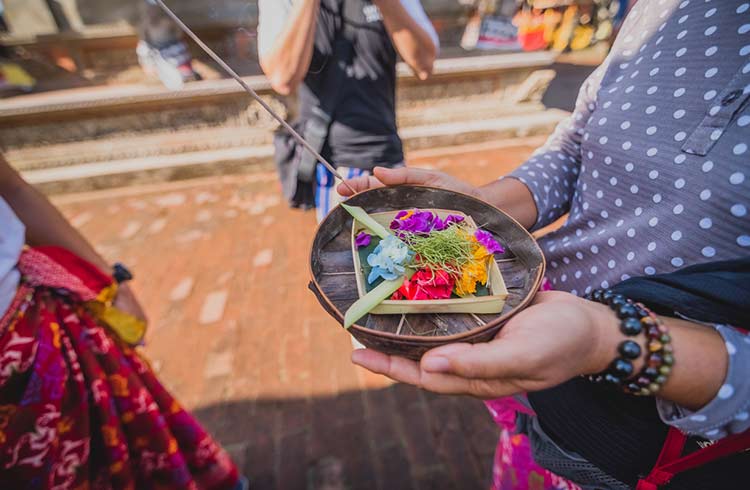
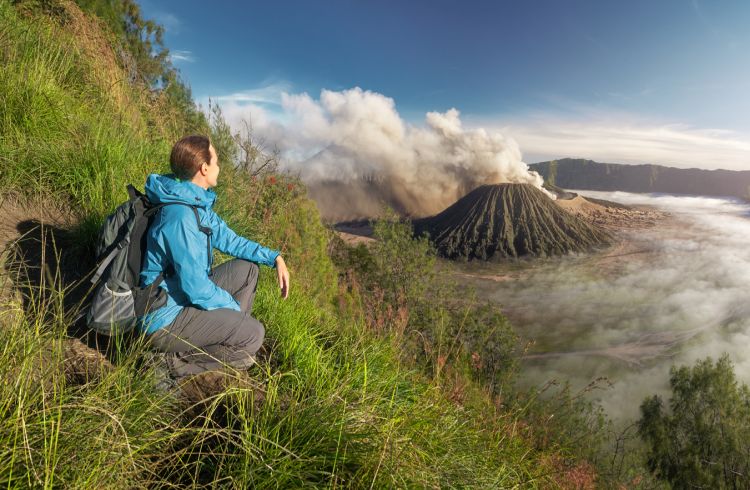
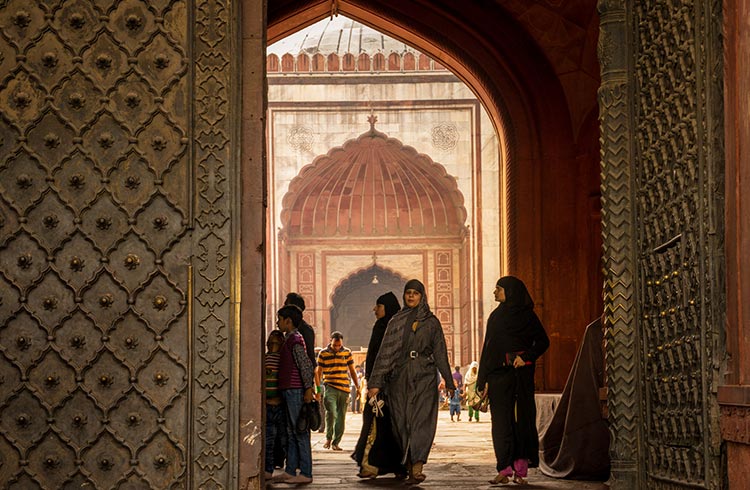
No Comments